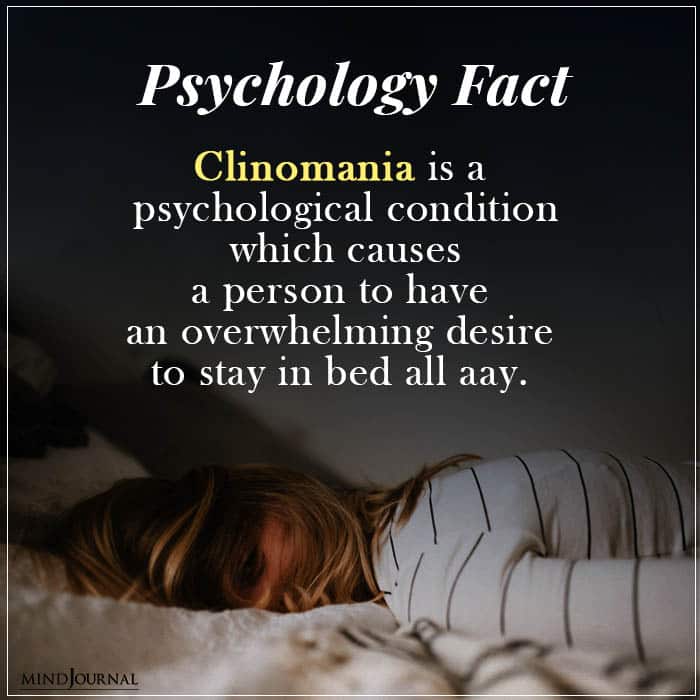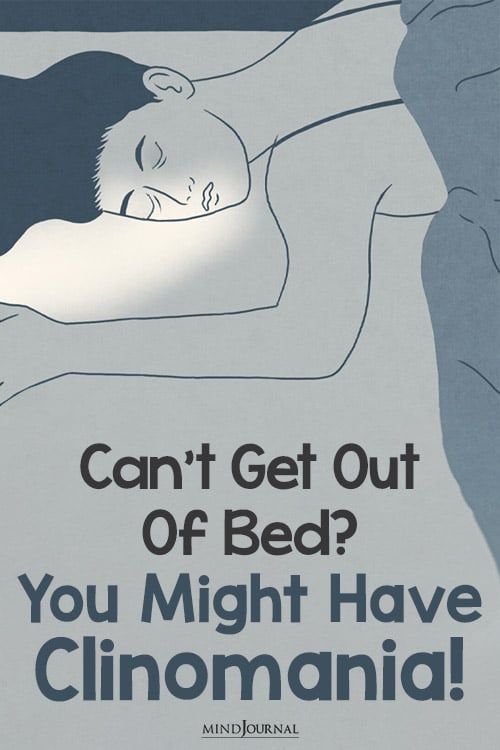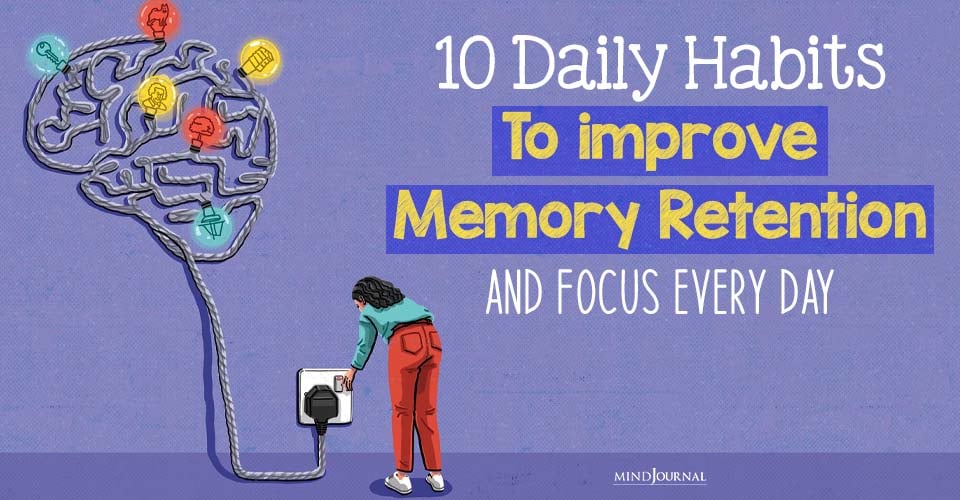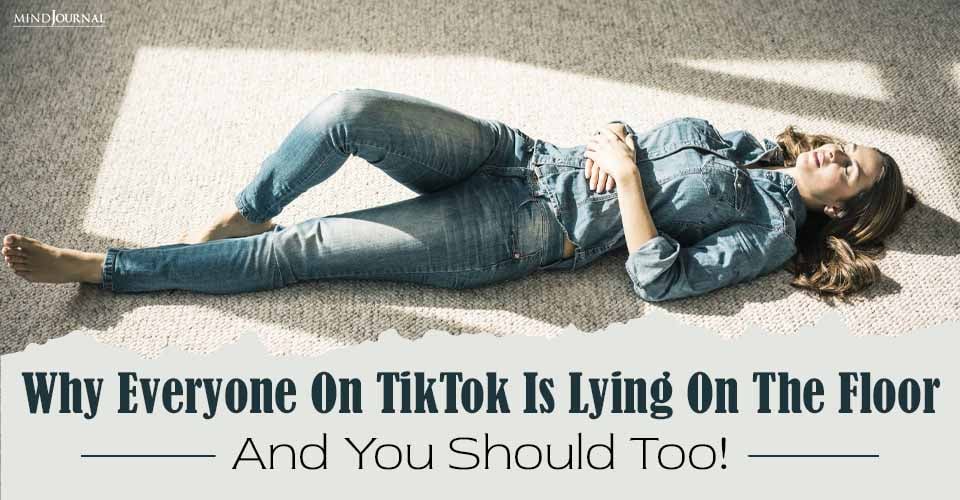Ever had those mornings (or afternoons) when your bed feels like a black hole, sucking you in with an invisible force? You tell yourself, just five more minutes, but before you know it, half the day is gone. If this sounds all too familiar, you might be dealing with clinomania.
Learn more about this condition, before the need to stay in bed goes beyond laziness and turns into an actual struggle. So, let’s explore!

Read More Here: How Sleep affects Your Mental Health
What is Clinomania?
Clinomania, also known as dysania, is the intense and uncontrollable desire to stay in bed. It can be a symptom of conditions like anxiety or depression.
Some people think that not being able to leave their bed is just about loving blankets or feeling a little tired, but this feeling that your bed has an unbreakable grip on you, making it nearly impossible to get up and function can interfere with daily life, affecting work, social interactions, and mental well-being.
Let’s Learn The Clinomania Symptoms
If you constantly find yourself hitting snooze for hours or feeling exhausted despite a full night’s sleep, you may be experiencing some symptoms of clinomania:
- An overwhelming urge to stay in bed even after getting plenty of rest.
- Extreme fatigue that doesn’t seem to go away.
- Mental fog or lack of motivation to get up and start the day.
- Feeling physically or emotionally drained despite doing nothing.
- Avoiding responsibilities because getting up feels impossible.
It’s important to note that clinomania symptoms are different from simply being tired or loving sleep, it’s when the need to stay in bed starts to affect your ability to function.
Why Does It Happen?
There isn’t one single cause of clinomania, but it can be linked to a mix of physical, mental, and lifestyle factors:
- Mental Health Issues – Depression and anxiety can make getting out of bed feel like a battle.
- Burnout & Stress – If life feels overwhelming, your bed may become your safe space.
- Sleep Disorders – Conditions like hypersomnia can make you feel perpetually tired.
- Lack of Purpose or Routine – Without structure in your day, staying in bed can become the default.
- Technology Overload – Doom-scrolling late into the night? Your sleep cycle might be suffering.
Clinomania Treatment: How to Break Free from the Bed Magnet
If getting out of bed feels like an impossible mission, don’t worry, you’re not alone, and there are ways to manage clinomania. Here are some unconventional yet relatable clinomania treatment strategies for you:
1. The “Bed is Lava” Challenge
Remember that childhood game “The Floor is Lava”? Apply it to your mornings. Set an alarm, and when it goes off, imagine your bed turning into lava. You have exactly 10 seconds to escape, or else, you guessed it – you lose the game! It may sound silly, but gamifying wake-ups can help trick your brain into moving.
2. AI & Smart Tech Wake-Up Calls
We live in the age of AI – so why not let it help? Apps like Sleep Cycle or AI-assisted home automation can gradually brighten your room, play energizing music, or even make your bed uncomfortable at wake-up time (yes, smart beds exist now!).
3. Get an “Accountability Buddy”
If you live with friends, a partner, or even a pet, ask them to make sure you’re up and moving. No one wants to be caught still in bed when their accountability buddy is waiting for a morning check-in!
4. Set Up Reward Triggers
Your brain loves dopamine. Train it to associate waking up with something exciting—like a daily dose of your favorite coffee, a new episode of a show, or a fun morning playlist. Make waking up worth it!
5. Embrace the Power of “Just Sit Up”
If jumping out of bed feels like too much, start small. Commit to just sitting up. Once you’re sitting, put your feet on the floor. Then stand. Breaking it into tiny steps makes the process feel less overwhelming.
Clinomania can be frustrating, but it’s something you can work through. The key is to find strategies that fit your lifestyle and make mornings feel less like a struggle. If it’s severely affecting your life, though, consider talking to a professional, sometimes underlying issues like depression or sleep disorders need to be addressed first.
So next time your bed feels like a magnet, remember: You’re in control, not the mattress! Get up, stretch, and start your day, one small step at a time.
Read More Here: The Scandinavian Sleep Method: The Nordic Way To Peaceful Sleep and Relationships
Disclaimer: This article is for informational purposes only and is not intended as a substitute for professional mental health advice, diagnosis, or treatment. While we strive for accuracy, we do not guarantee the completeness or reliability of the information provided. Readers should always seek guidance from a qualified mental health professional for any concerns regarding their mental well-being.
Frequently Asked Questions (FAQs)
What is clinomania?
It is the strong urge to stay in bed for long periods, even when you don’t need to.
How to get rid of clinomania?
Try setting a routine, getting enough sleep, and finding motivation to start your day.
Is clinomania a disease?
No, it’s not a medical disease, but a sleep issue that can be linked to conditions like depression or fatigue.










Leave a Reply